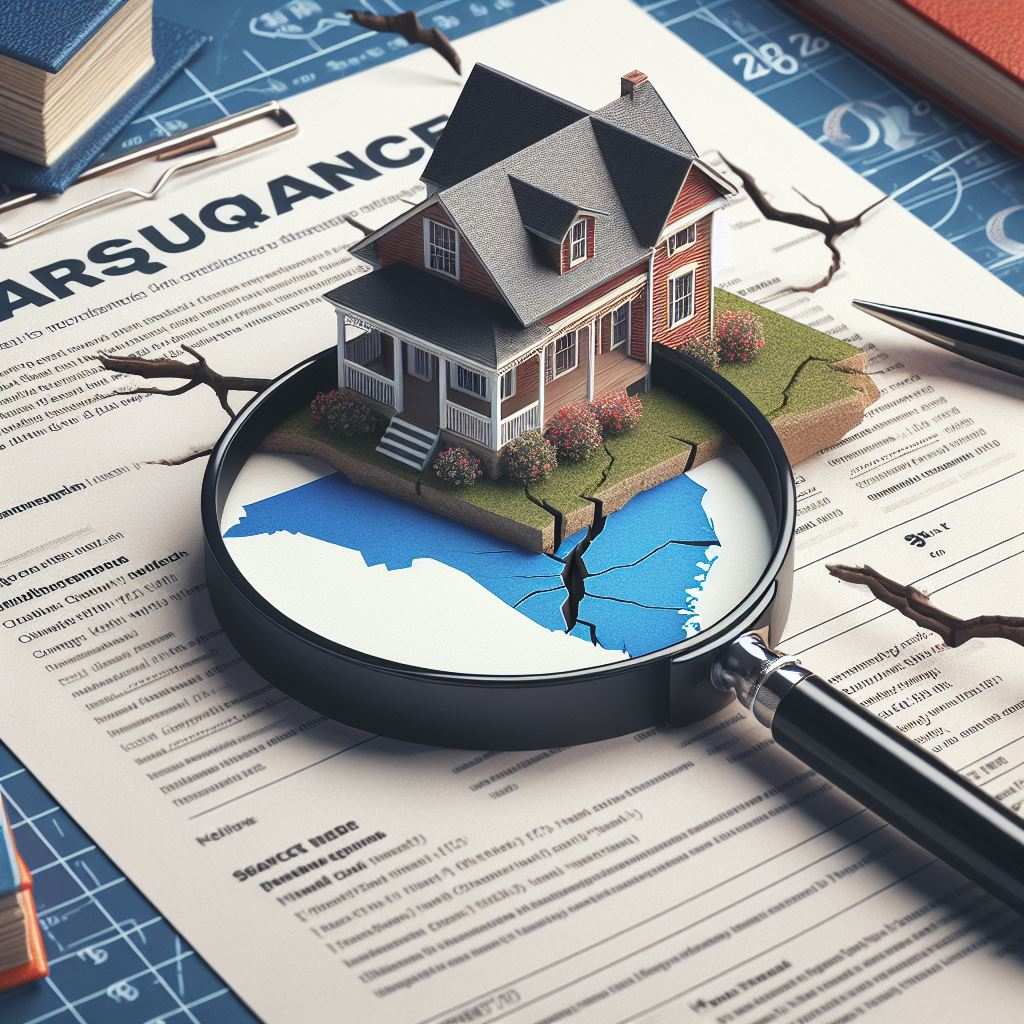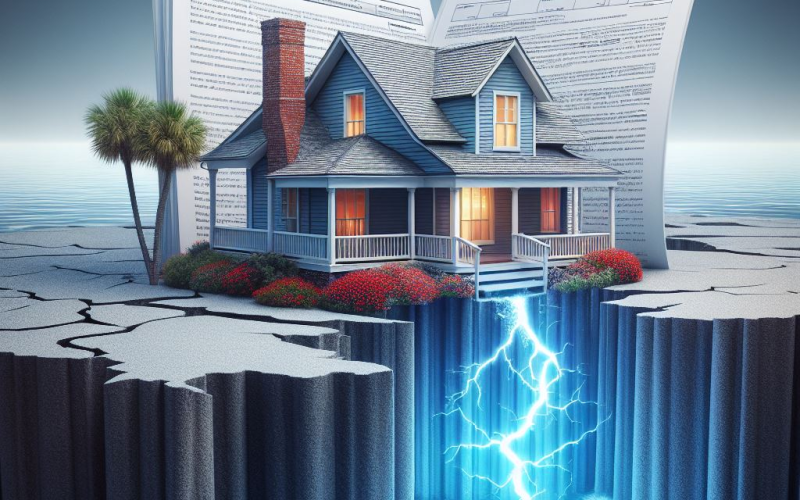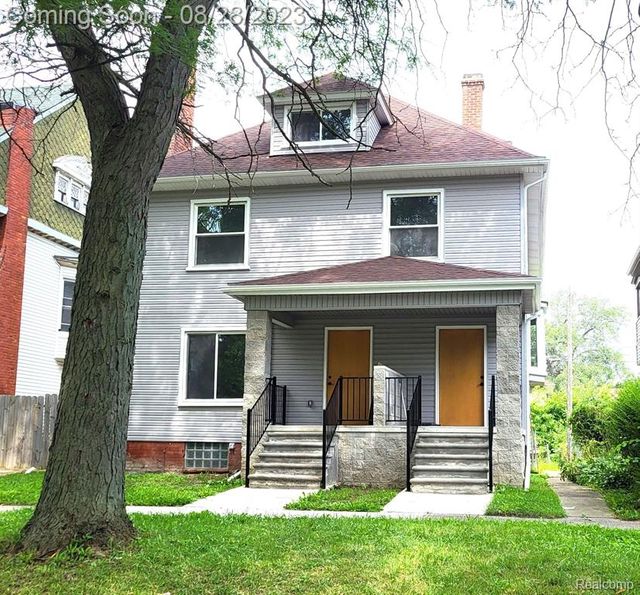Introduction
John Doe, our seasoned insurance advisor, has spent over two decades in the industry, specializing in natural disaster coverage. His expertise lies in helping South Carolinians understand the importance of securing their homes against earthquakes and guiding them through the process of choosing the right insurance policy.
Understanding Earthquake Insurance
Earthquake insurance is a type of property insurance that covers damage to your home caused by an earthquake. Unlike standard homeowners insurance, which typically doesn’t cover earthquake damage, earthquake insurance does. This is particularly important in areas prone to seismic activity, like South Carolina. Earthquake insurance can cover repairs or rebuilding costs, and even temporary living expenses if your home is uninhabitable after an earthquake.
The Risk of Earthquakes in South Carolina
South Carolina is located in a moderate seismic zone. While it may not experience earthquakes as frequently as California, it’s still at risk. In fact, one of the largest earthquakes in the continental U.S. occurred in Charleston, South Carolina, in 1886. This event underscores the importance of being prepared with the right insurance coverage.

Coverage Options for Earthquake Insurance
Earthquake insurance policies can vary greatly. Most policies cover damage to your home and your personal belongings. Some also cover costs associated with living expenses if your home is severely damaged. However, it’s important to understand what’s covered and what’s not. For instance, most policies won’t cover damage to external structures like fences or swimming pools. It’s crucial to read your policy carefully and discuss any questions or concerns with your insurance advisor.
How to Choose the Right Earthquake Insurance Policy
Choosing the right earthquake insurance policy involves considering several factors. These include the cost of the policy, the amount of coverage it provides, and the company’s reputation. It’s also important to read the fine print to understand any exclusions or limitations. For example, some policies may have high deductibles, or they may not cover damage to certain types of property.
Filing a Claim: What to Expect
If an earthquake damages your home, you’ll need to file a claim with your insurance company. This process involves documenting the damage, filling out claim forms, and working with an insurance adjuster. The more prepared you are, the smoother the process will be. It’s a good idea to take photos or videos of your property after an earthquake to document the damage.
Conclusion
Securing your home with the right earthquake insurance policy is crucial in South Carolina. With the information in this guide, you’re now equipped to make an informed decision. Remember, the cost of earthquake insurance is small compared to the potential cost of repairing or rebuilding your home after an earthquake.
Table: Key Points to Remember
| Heading | Key Point |
|---|---|
| Understanding Earthquake Insurance | Earthquake insurance provides coverage for damage caused by earthquakes. |
| The Risk of Earthquakes in South Carolina | South Carolina is at moderate risk for earthquakes. |
| Coverage Options for Earthquake Insurance | Coverage options can vary, so it’s important to understand what’s included in your policy. |
| Choosing the Right Policy | Consider factors like coverage limits, deductibles, and exclusions when choosing a policy. |
| Filing a Claim | Know the process of filing a claim and what to expect after you’ve filed. |
| FAQs | Get answers to common questions about earthquake insurance. |










